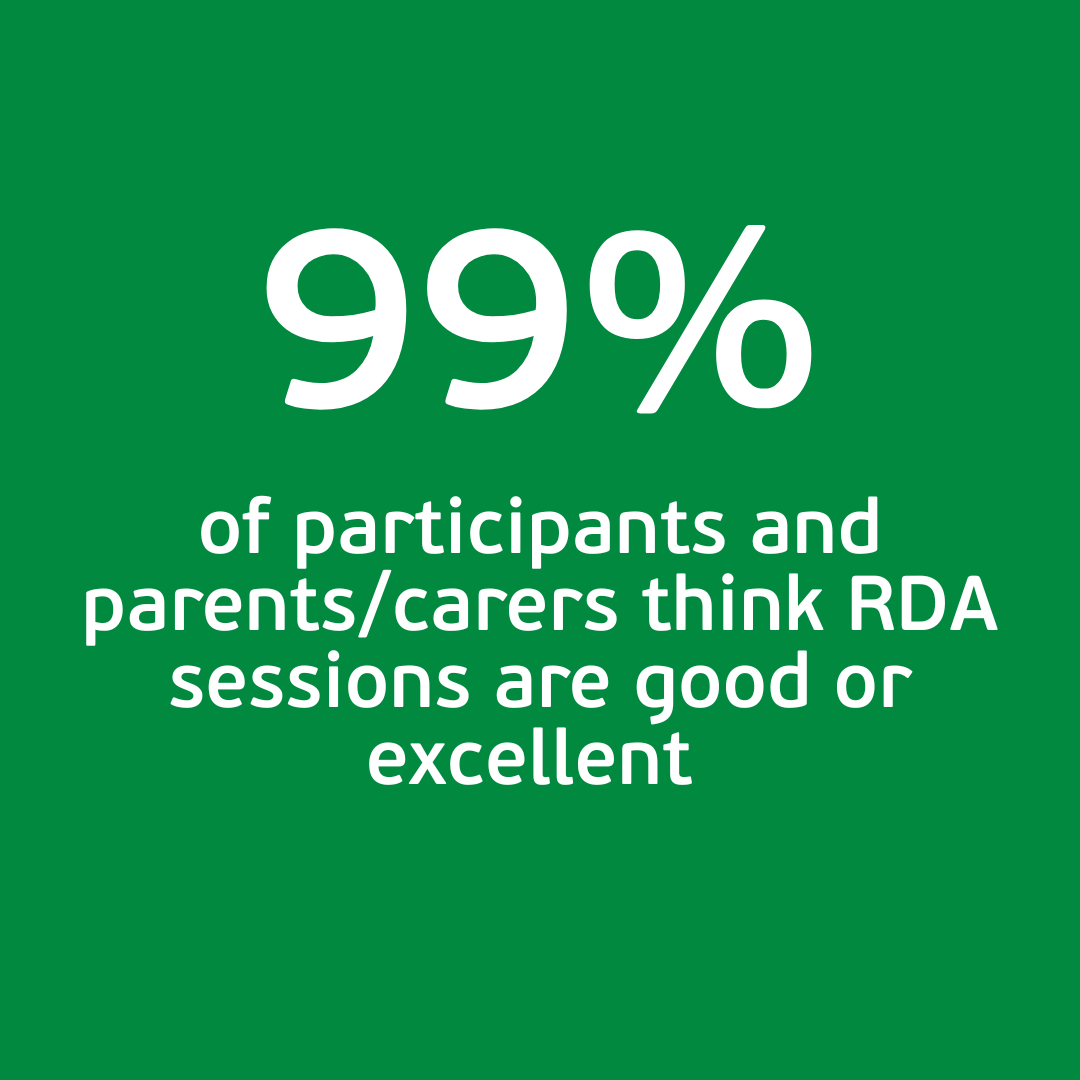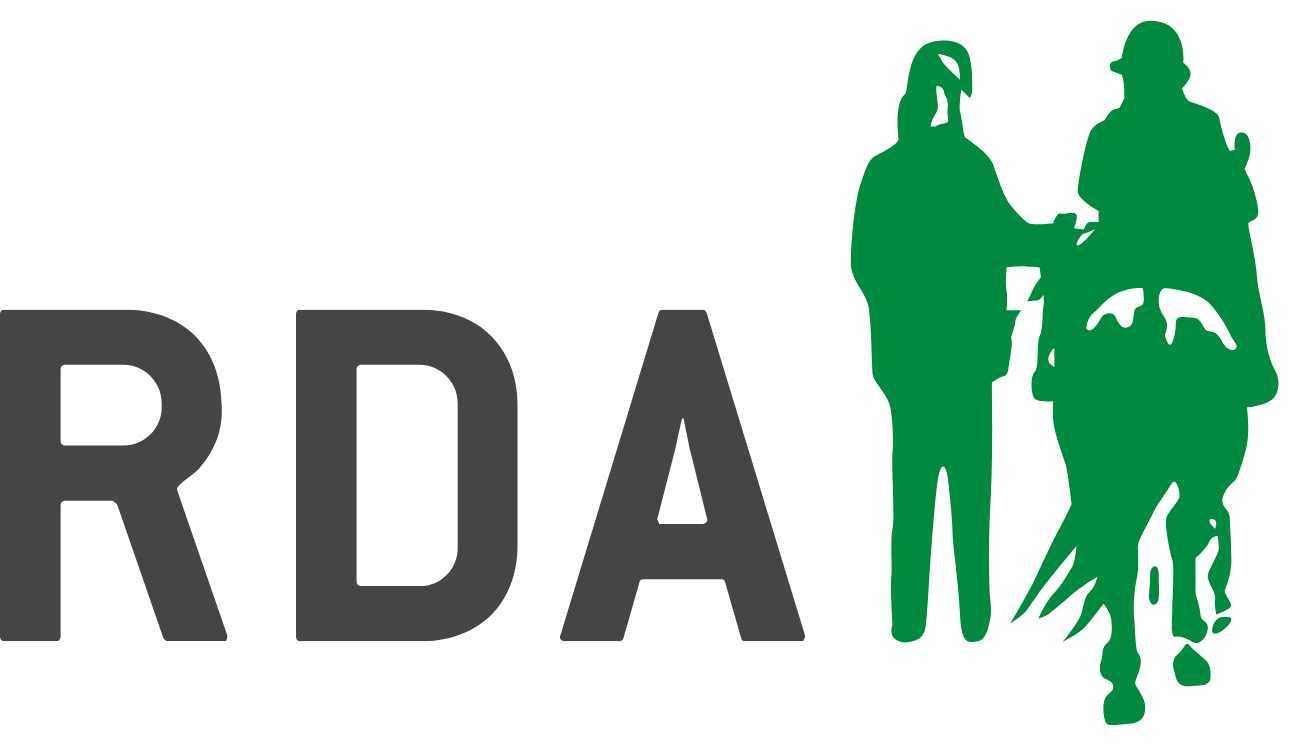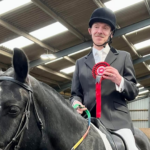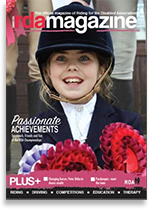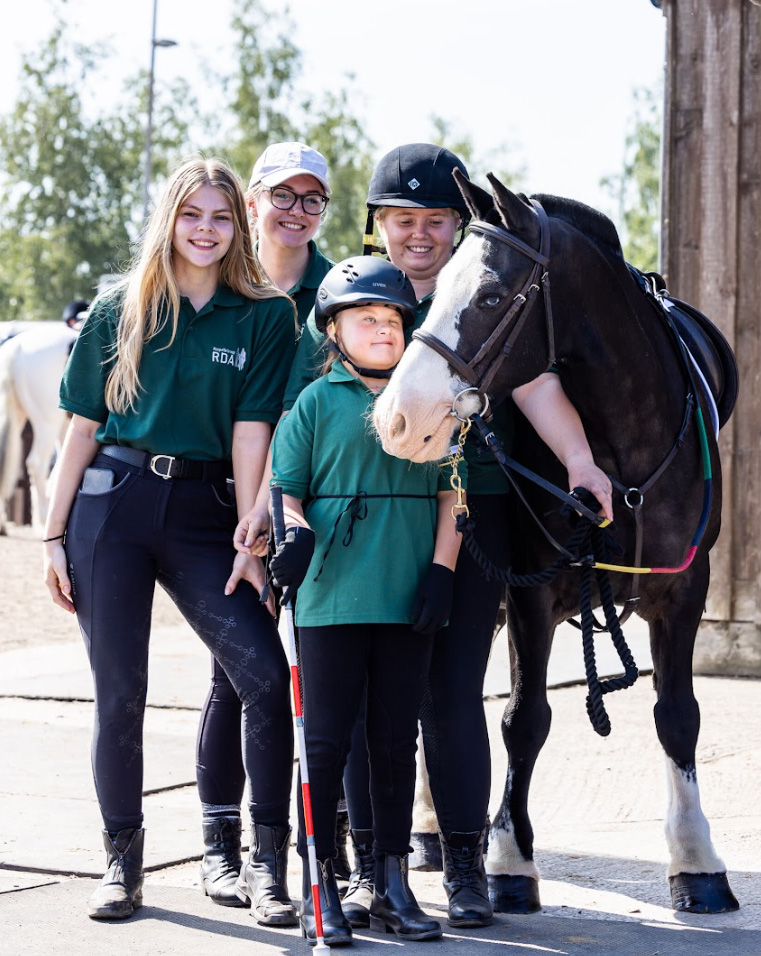The Need
Disabled people and people living with long-term health conditions face persistent and intersecting barriers that limit their full participation in community life, sport, education and employment (Activity Alliance,2023).
These barriers start with societal prejudice, lack of access to spaces and services, and financial constraints, which in turn negatively impact disabled people’s individual overall health and wellbeing.
The consequences
Research from Activity Alliance (2024) shows that disabled people are more likely to:
- Have worse mental health and wellbeing – Only 11% of disabled adults have a ‘very high’ happiness yesterday score, compared to 19% for non-disabled people.
- Feel more lonely, excluded and socially isolated – One in five (20%) disabled adults feel lonely “often or always”, which is almost twice the rate for non-disabled people (11%), and 48% feel socially isolated.
- Have lower life satisfaction – Only 5% of disabled adults rate their life satisfaction as very high, compared to 15% of non-disabled adults.
- Be physically inactive – Disabled people are twice as likely to be inactive (41%) compared to their non-disabled peers (21%).
- Experience exclusion in educational settings – Disabled children and young people are not consistently provided the educational support they are entitled to by law and are disproportionately excluded from school (National Children’s Bureau, 2024).
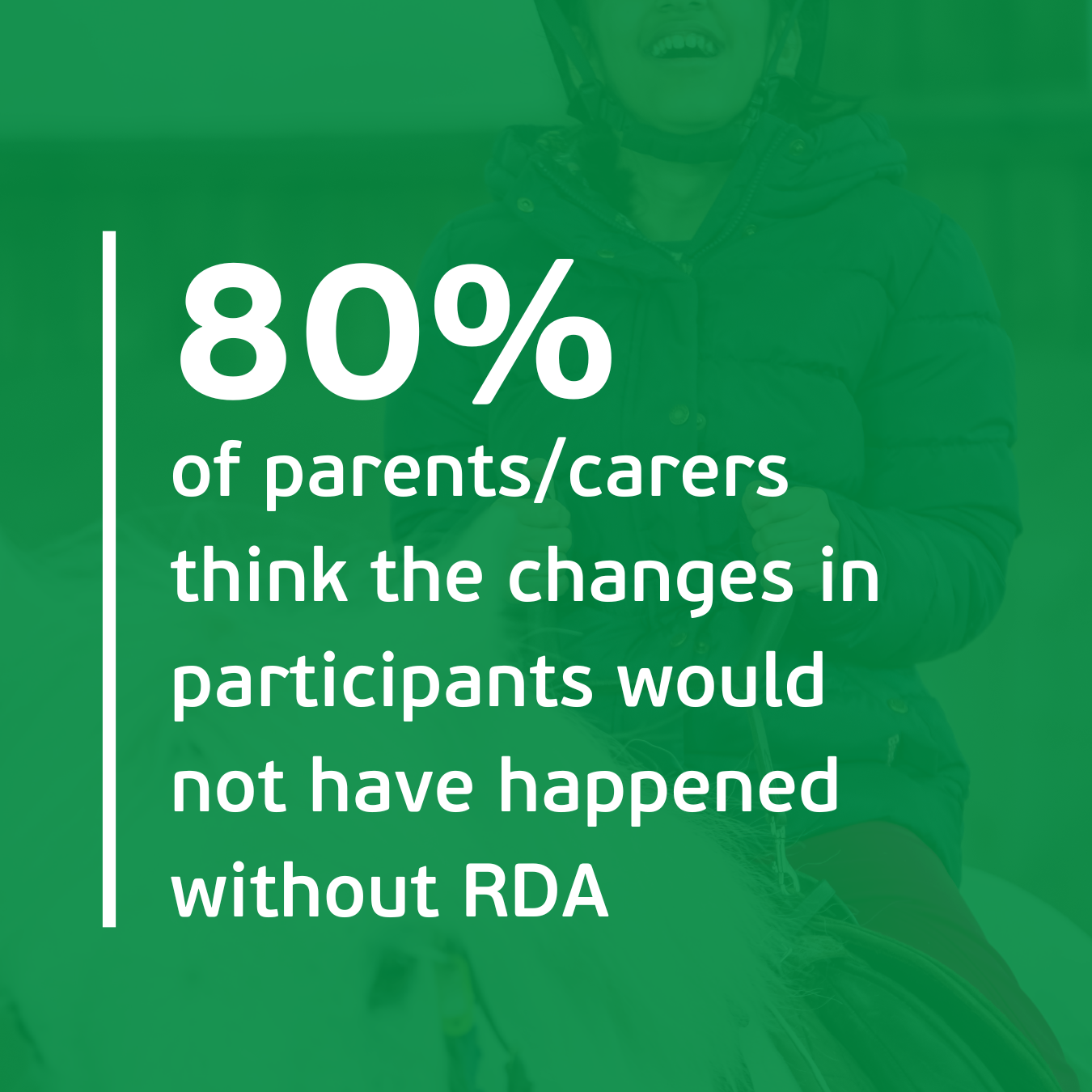
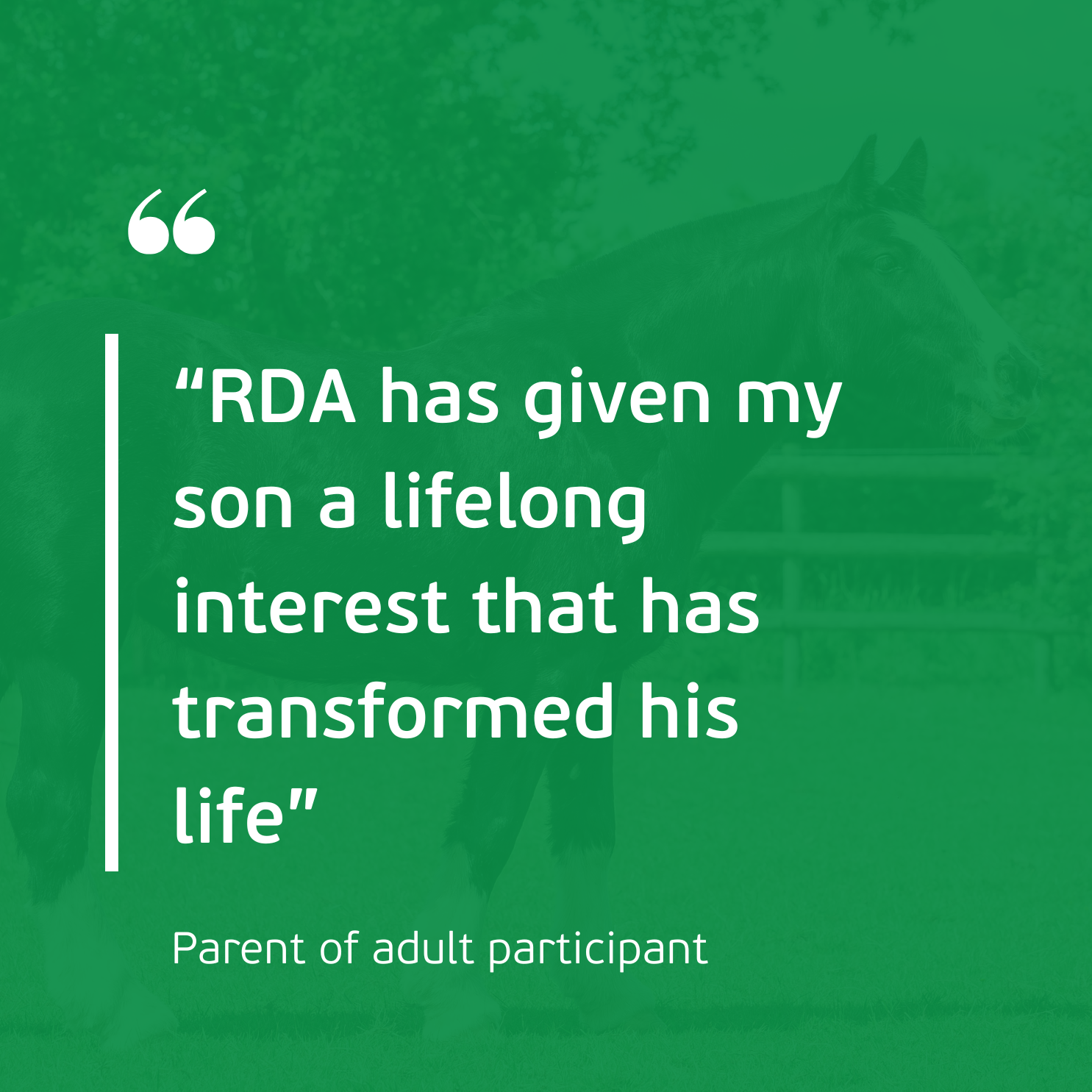
RDA’s impact on the health and wellbeing of disabled people
RDA activities are designed so that participants benefit from the following outcomes:
• Have improved mental wellbeing
• Feel more connected to other people and the natural world
• Are more physically active and experience greater comfort, balance, and strength
• Have greater self-esteem and confidence and feel able to take on challenges
• Become better able to engage with education and learning
Impact at a glance:
-
RDA activities make a unique contribution to the changes experienced by participants:
80% of parents/carers think the changes in participants would not have happened without RDA -
Outcome: Improved mental wellbeing
95% of participants feel calm and focused during sessions -
Outcome: More connected to others and the natural world
82% feel more connected to others -
Outcome: Increased Self-esteem, Confidence and Independence
90% feel more confident in themselves -
Outcome: More physically active and increased physical ability
88% have better posture, balance and co-ordination
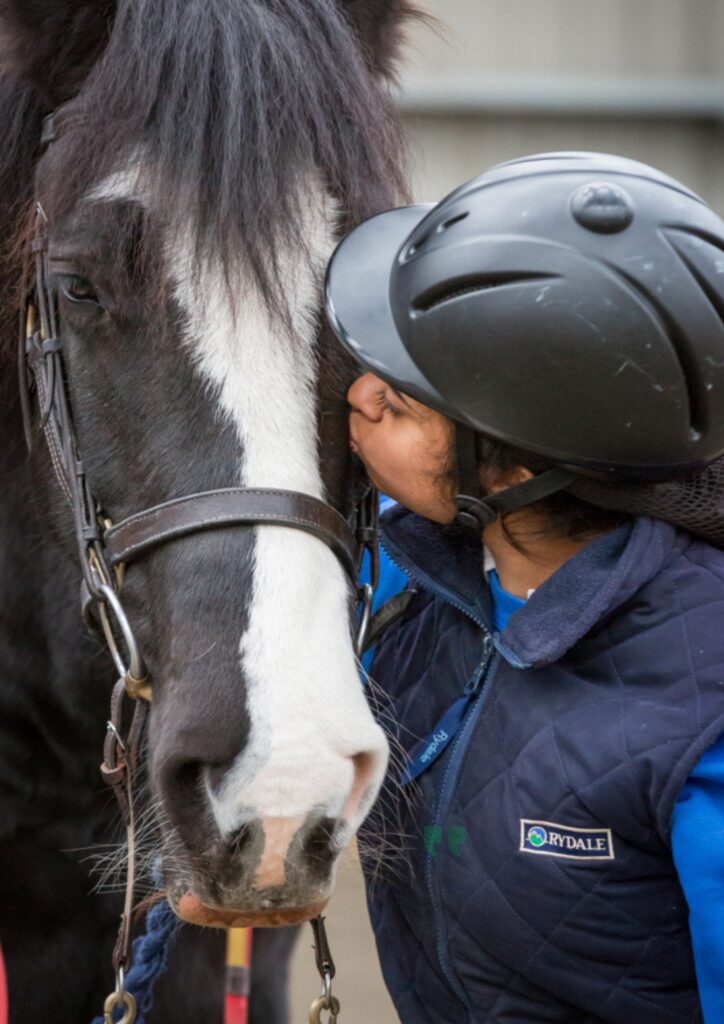
Outcome: Increased engagement with Education
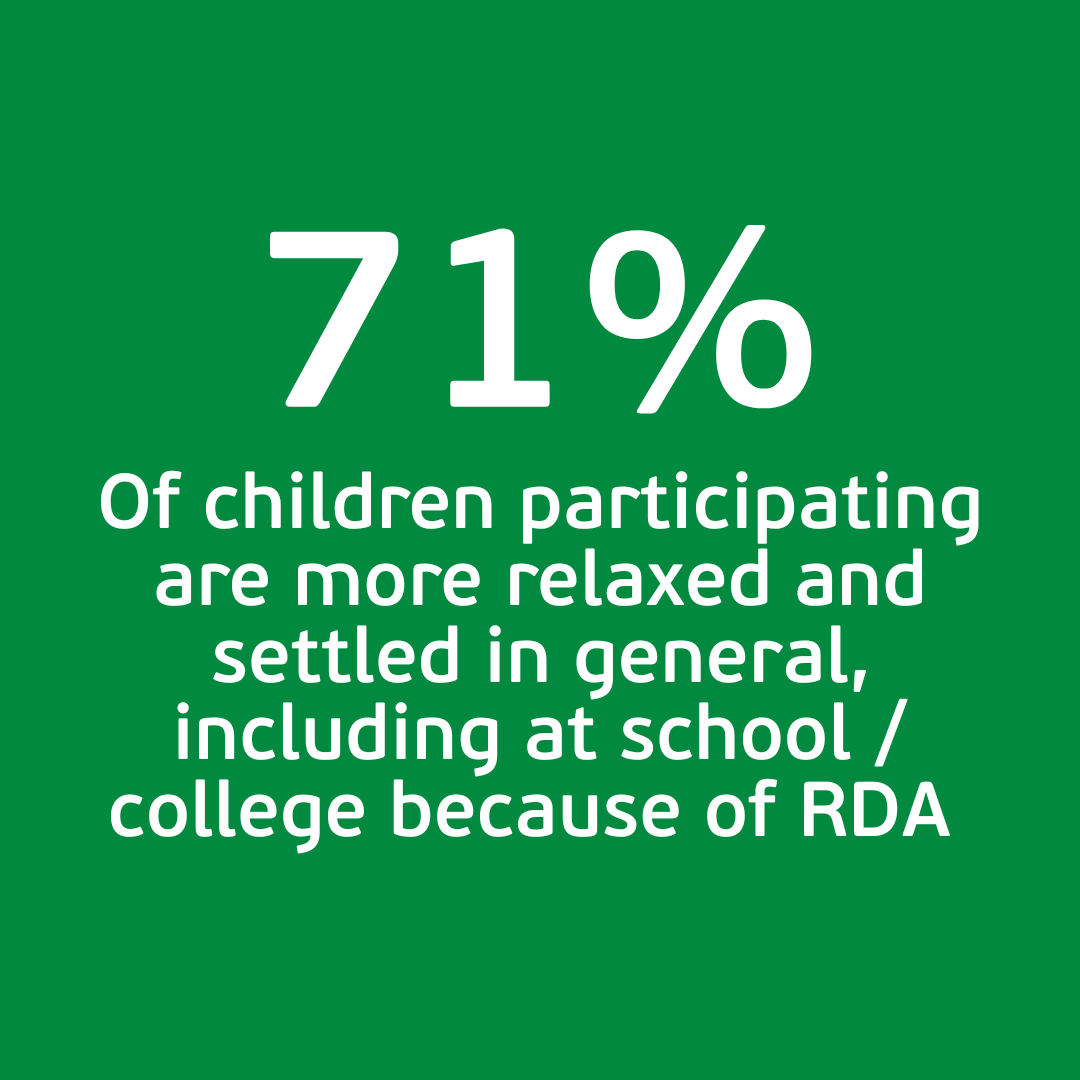
RDA’s Wider Impact: RDA benefits often extend to the whole family
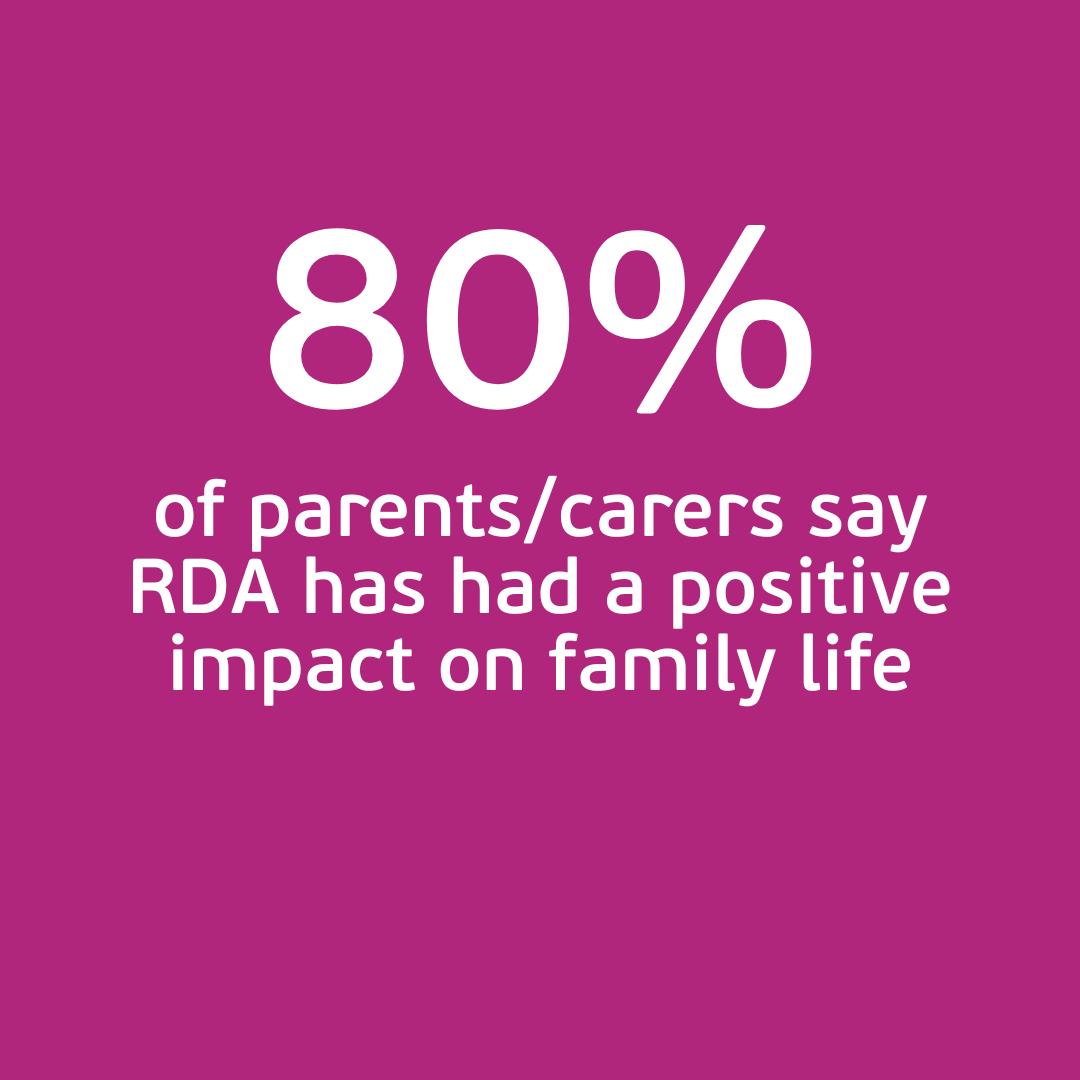
Every RDA session is underpinned by skill, care and understanding
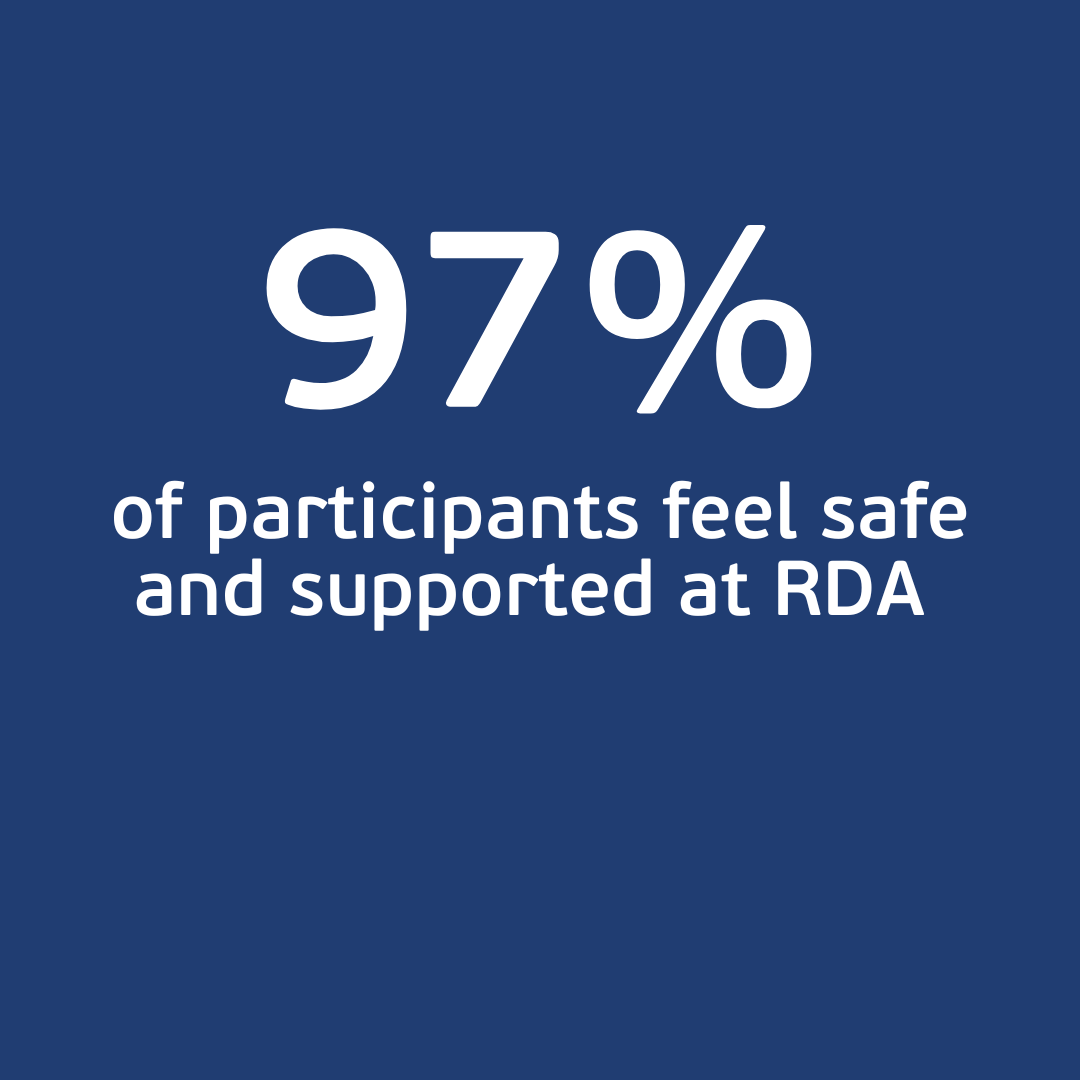
Each RDA session is shaped by expertise, and awareness
